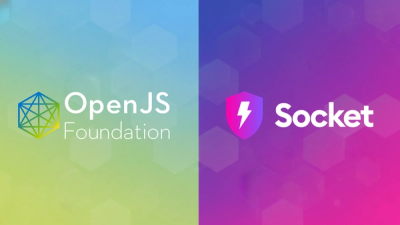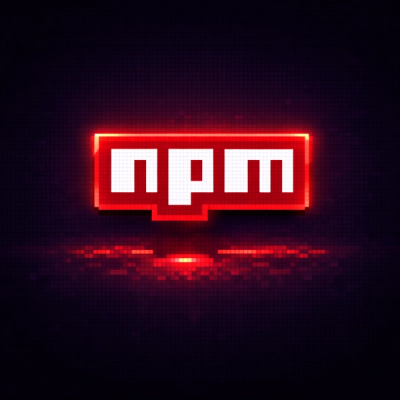
Research
SANDWORM_MODE: Shai-Hulud-Style npm Worm Hijacks CI Workflows and Poisons AI Toolchains
An emerging npm supply chain attack that infects repos, steals CI secrets, and targets developer AI toolchains for further compromise.
Make a fetch request from a HAR definition.
msw or fetch-mock (though the latter does not appear to be maintained).npm install --save fetch-har
import fetchHAR from 'fetch-har';
// const fetchHAR = require('fetch-har');
const har = {
log: {
entries: [
{
request: {
headers: [
{
name: 'Authorization',
value: 'Bearer api-key',
},
{
name: 'Content-Type',
value: 'application/json',
},
],
queryString: [
{ name: 'a', value: 1 },
{ name: 'b', value: 2 },
],
postData: {
mimeType: 'application/json',
text: '{"id":8,"category":{"id":6,"name":"name"},"name":"name"}',
},
method: 'POST',
url: 'http://httpbin.org/post',
},
},
],
},
};
fetchHAR(har)
.then(res => res.json())
.then(console.log);
A custom User-Agent header to apply to your request. Please note that browsers have their own handling for these headers in fetch() calls so it may not work everywhere; it will always be sent in Node however.
await fetchHAR(har, { userAgent: 'my-client/1.0' });
An optional object map you can supply to use for multipart/form-data file uploads in leu of relying on if the HAR you have has data URLs. It supports Node file buffers and the File API.
await fetchHAR(har, {
files: {
'owlbert.png': await fs.readFile('./owlbert.png'),
'file.txt': document.querySelector('#some-file-input').files[0],
},
});
If you don't supply this option fetch-har will fallback to the data URL present within the supplied HAR. If no files option is present, and no data URL (via param.value) is present in the HAR, a fatal exception will be thrown.
This optional argument lets you supply any option that's available to supply to the Request constructor.
await fetchHAR(har, {
init: {
headers: new Headers({
'x-custom-header': 'buster',
}),
},
});
❗ Note that if you supply
bodyorcredentialsto this option they may be overridden by what your HAR requires.
FAQs
Make a fetch request from a HAR definition
The npm package fetch-har receives a total of 34,468 weekly downloads. As such, fetch-har popularity was classified as popular.
We found that fetch-har demonstrated a not healthy version release cadence and project activity because the last version was released a year ago. It has 0 open source maintainers collaborating on the project.
Did you know?

Socket for GitHub automatically highlights issues in each pull request and monitors the health of all your open source dependencies. Discover the contents of your packages and block harmful activity before you install or update your dependencies.

Research
An emerging npm supply chain attack that infects repos, steals CI secrets, and targets developer AI toolchains for further compromise.

Company News
Socket is proud to join the OpenJS Foundation as a Silver Member, deepening our commitment to the long-term health and security of the JavaScript ecosystem.

Security News
npm now links to Socket's security analysis on every package page. Here's what you'll find when you click through.